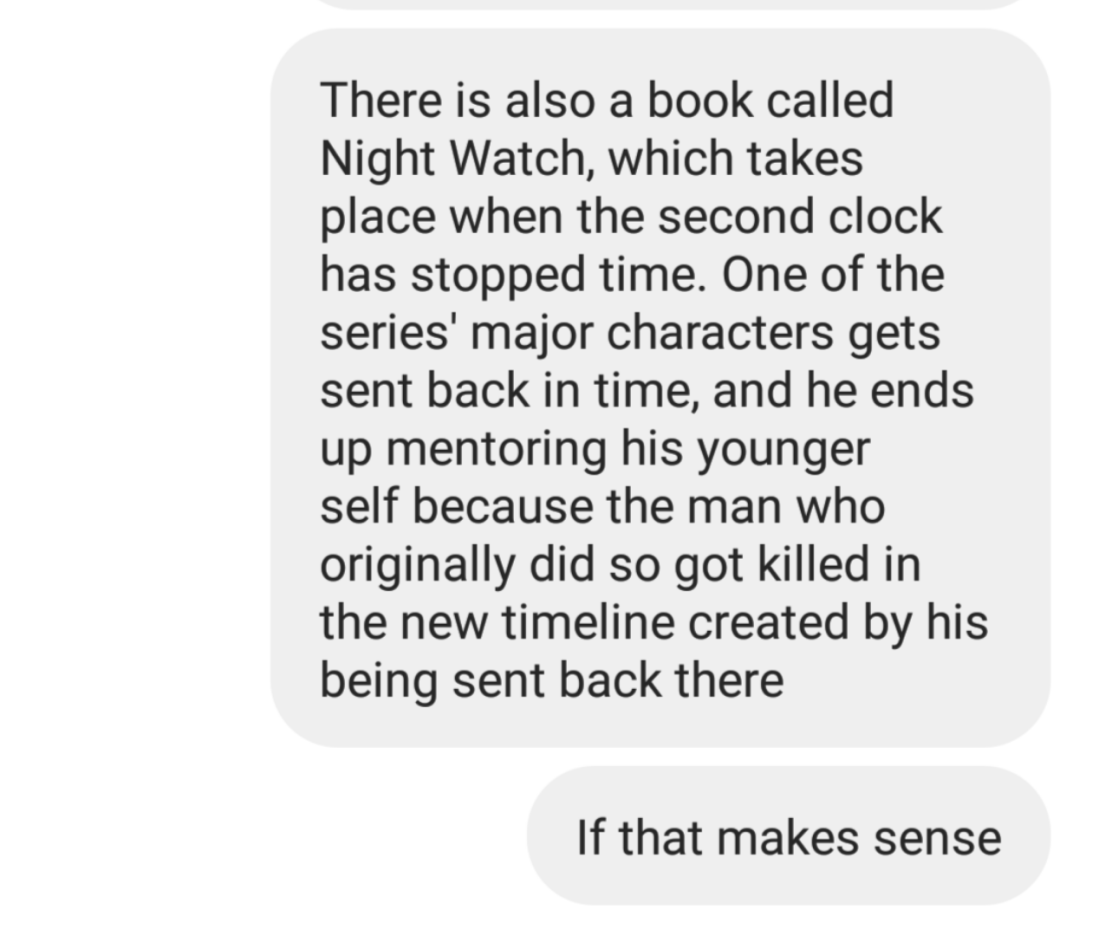The National Autistic Society has a section of their website dedicated to sensory overload, which is great because it means that this lesser-known part of being an autistic person in an allistic world is having attention paid to it. Here, I am going to talk about how sensory overload manifests itself for me personally. Hopefully some of it will be relatable to you.
1. Irritability
Hooo boy. This, for me, is one of the first signs that I am getting overwhelmed. It doesn’t always come across as outward snappishness, though – I am generally very slow to anger and more often than not, it takes the form of silently fantasising about the person’s demise because they are chewing too loudly or similar (Google misophonia – it’s a thing).
2. Increased stimming
Specifically, I start flapping my hands more. While I was being tested for autism my friend, who was there for moral support and to add his own observations to the assessment process, said that one time at a busy train station I looked like I was doing doggie paddle across the platform. Since then I have caught myself doing the same thing in other crowded places. (I also jiggle my leg, bite the inside of my lower lip, and move my toes around in time to music in my head, although these stims aren’t particularly in response to stress – they’re just what I do as part of being me.)
3. Weird dreams
I will usually get an overwhelming urge to nap, that ends up being loaded with dreams that are a mash-up of whatever I have been doing that day, unresolved people-related stuff, and signals from my body that I need to pee or whatever. I usually wake up from these sleeps feeling a bit dazed but far less strung out.
4. Sugar cravings
If I have just eaten an entire packet of biscuits in one sitting, without even bothering to make a cup of tea to go with them (why yes, I am British, how could you tell?), then yeah, I am super frazzled.
5. Listening to the same song over and over and OVER again
I am a big fan of EDM (electronic dance music), particularly techno and hardstyle. Today, while out shopping, I put my headphones on and listened to the same track on repeat for two hours. I have only recently realised that I only do this when there’s too much going on around me. Maybe the repetition is soothing or something.
6. Increased hunger, but decreased desire to eat
Meal replacement shakes (I favour Huel but there are loads of different ones) are a Godsend at these times. I love food, but sometimes the thought of chewing and swallowing is just one more thing on top of too many other things, even while my stomach feels like it’s trying to eat itself. With the combined power of modern nutritional science and a kitchen blender, I can solve both problems at once.
7. Things I enjoy feel like a chore
This can also be a depression symptom, by the way.
8. Migraines
Luckily these are rarer now that I have glasses, but now and again one will appear just to fuck up my already far too epic day.
9. Increased sex drive
TMI maybe, but I included it because maybe someone else out there experiences this same thing and has been thinking they’re the only one. I have no idea why being overloaded should lead to horniness, but it happens, and has led to some ill-advised encounters in the past.
10. Neglecting my blog
This point is partly a dig at myself because I know I missed a post again last week, and partly because a list with nine items on it rather than a tidy ten doesn’t sit well with me. I am hoping to get to a point of organisational awesomeness where I am writing and scheduling posts in advance so as to keep to a strict pattern of Monday and Friday updates. If this happens, I will have achieved more than I could ever have imagined, and I will probably write a self-help book called Organise Your Way To A Perfect Existence or something. 😝
Anyway, I hope this has been useful, amusing, or both. Thanks for reading!



